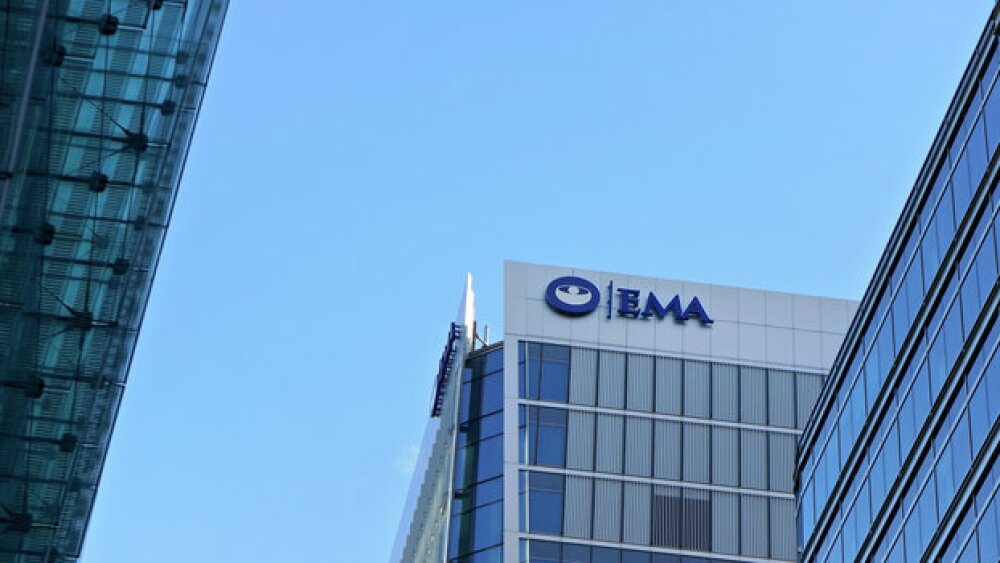Innovate UK awards funding to Oxford-based company, Oxehealth, to improve the care of patients in secure rooms during trial at Broadmoor Hospital
Oxehealth, the camera-based health monitoring company, has been awarded funding by Innovate UK, to develop its vital sign monitoring technology, in collaboration with Broadmoor Hospital.
Oxehealth, the spin out from the University of Oxford’s Institute of Biomedical Engineering and Oxford University Hospitals NHS Trust, has received the funding to develop and test its Oxecam technology for monitoring the vital signs of patients in secure rooms.
The six-month project, which commenced on 1st October, is being run in conjunction with Broadmoor Hospital, the renowned high secure psychiatric hospital. If successful it will be followed by steps to develop a finished version of the Oxecam for secure rooms.
The use of the Oxecam is intended to improve the care of patients in secure rooms. It aims to improve their safety and well-being, and will save money by simplifying patient safety checks.
“In a world in which people are choosing to install and use cameras in ever more settings, Oxehealth’s technology will invisibly monitor personal health enabling us all to live safer, healthier and longer,” said Jonathan Chevallier, CEO at Oxehealth. “This trial at Broadmoor Hospital is a demonstration of how our technology works in secure environments, but it can equally be deployed in every home, vehicle and hospital worldwide.”
The project will test in a real-life setting how the Oxecam can improve upon the current approach of periodic observations by staff, which can be subject to inconsistencies or disturb the patients, especially at night. It will do this by using sophisticated algorithms to process video images and provide estimates of vital signs on a continuous basis.
The algorithms monitor the patient’s movement and breathing for signs of distress, as well as heart rate and other parameters that can be measured to assess the patient’s wellbeing.
“Using technology to improve the patient experience and to promote patient safety is exactly what all providers of healthcare are hoping to achieve”, said Dr Amlan Basu, Clinical Director at Broadmoor. “We are enjoying working with the Oxehealth team on this project, not least due to our shared enthusiasm for this kind of innovative work. The potential to transfer this technology to other settings is also tremendously exciting.”
The project will be jointly run by Oxehealth and Broadmoor Hospital, with algorithm tuning supported by researchers at the Institute of Biomedical Engineering, University of Oxford.
How it works:
Oxecam is a set of algorithms, which analyse data from standard video cameras and measure vital signs and other parameters. In this new application, the algorithms will monitor the patient’s movement and breathing for signs of distress, as well as heart rate and other parameters that can be measured to assess the patient’s wellbeing and mood. The video camera feed works in the dark, using invisible infra-red illumination, so patients can sleep undisturbed, and information does not need to be transmitted or viewed by staff. Instead it processes video data inside the camera unit and transmits vital sign readings and alarms to staff as necessary.
Notes to Editor:
Oxehealth Ltd is a biomedical software development company spun out from the University of Oxford’s Institute of Biomedical Engineering in 2012. Oxehealth is focused on providing advanced solutions which monitor vital signs. It does this through a range of software products with embedded intelligent algorithms which combine three key attributes: complex signal processing to allow accurate non-contact monitoring; machine learning, to provide personalised healthcare models; and clinical validation.
These solutions have the capability to transform the next generation of healthcare and patient monitoring. Oxehealth’s patented Oxecam technology developed at the University of Oxford in the research labs of world-leading scientist Professor Lionel Tarassenko and backed by IP Group plc., enables a digital camera to monitor the vital signs (heart rate, respiratory rate and oxygen saturation) of individuals, without the need for expensive proprietary equipment. The vital sign measurements have been clinically validated in studies at the Oxford Kidney Unit.
Clinical applications for the technology include post-operative monitoring, self-management of COPD, assisted living, and providing lower cost smartphone or webcam diagnostics in remote situations in developing countries
For further information, contact Louise Fielding-Smith, at lfieldingsmith@thecommsco.com or on 01962 677 002, 07877 340671.
Help employers find you! Check out all the jobs and post your resume.




